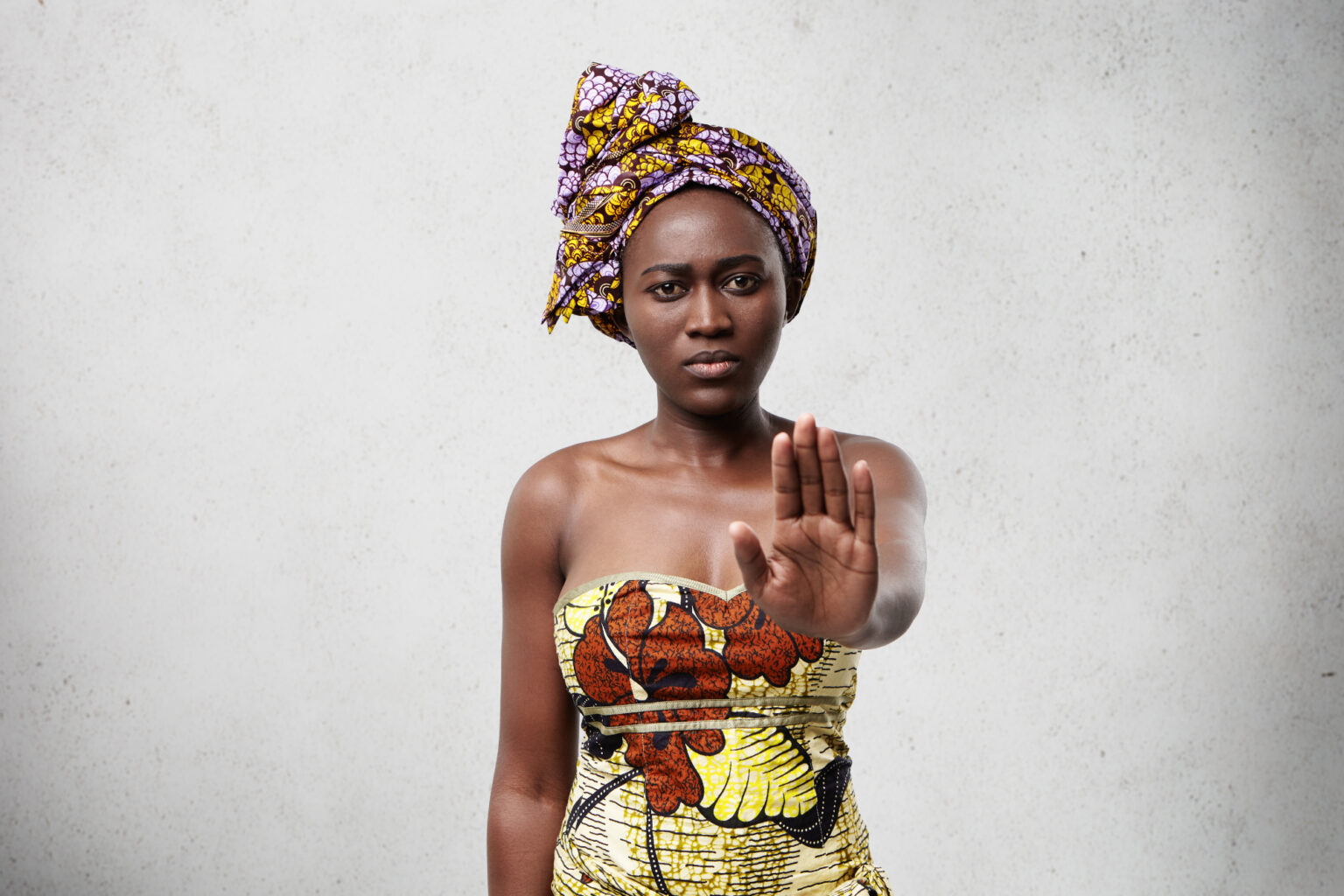CULTURE

THE URGENT NEED TO ABOLISH HARMFUL CULTURAL PRACTICES AGAINST WOMEN
Despite global progress, countless Nigerian women still endure cultural practices that undermine their dignity and rights. These harmful traditions must be abolished.
In a quiet corner of her small rented shop in Lagos, Blessing Zion grills and sells roasted corn—a stark contrast to the life she once had. Nine years ago, she lived with her police officer husband and their three children in a modest barracks apartment. Then, in a single moment, everything changed.
Seven months pregnant, she received the heartbreaking news of her husband's death. But grief was only the beginning. Just six months later, she and her children were evicted from their home.
“They rented out the apartment. I had no choice but to find a way to survive,” she says, her voice heavy with nearly a decade of struggle.
Hoping to claim her late husband’s benefits—funds that could have provided shelter for her children—Blessing made repeated trips to the police office. Each visit ended in frustration.
“They told me my husband was a ghost worker,” she recalls. “Then, they spread rumors that I had already taken the money and wasted it.”
‘A Woman Must Endure’
For widows like Blessing, losing a spouse is just the beginning of their ordeal. In many communities, they endure cruel traditions—forced isolation, having their heads shaved against their will, and being denied their husband’s property. In the most extreme cases, a widow is made to drink the water used to wash her husband's corpse as a twisted test of innocence.
The suffering of widows is just one of many harmful cultural practices that continue to strip women of their dignity and basic rights.
In Yoruba communities, the Oro cult enforces a strict tradition that confines women and non-initiates indoors for days, forbidding them from stepping outside. This age-old practice continues to relegate women to the margins of society.
“During this period, women must not be seen outside, reinforcing the belief that they are inferior to men and should not participate in certain aspects of society,” says 54-year-old Adenike Ajadi in an interview with Guardian Life. “Those who disobey risk severe punishment or even death.”
For years, Esther Adams endured relentless beatings from her husband. She was barely 22 when she got married— a timid young woman raised to believe that a woman’s ultimate purpose was marriage.
“I stayed because my mother told me that a woman must endure in marriage,” Esther says. “My sister went through the same thing, but she eventually survived it.”
In many families, leaving an abusive marriage is unthinkable. Women are told to “make it work,” to endure for the sake of their children, their families, and societal approval. Many suffer in silence, their bodies bearing the scars of violence.
Out of Reach
The silencing of women extends beyond the home. Education, a fundamental right, remains inaccessible to many Nigerian girls. While some are forced out of school to marry, others are simply denied the opportunity due to cultural beliefs that devalue female education.
“I wanted to go to school, but my family didn’t see the importance of education,” says a 47-year-old pepper seller in an interview with Guardian Life. “They never even considered it. So, I learned a trade instead, but I regret not going to school. I missed out on so much. If I had gone, I know I could have been someone great—maybe even a doctor.”
The consequences of this exclusion are devastating. A 2025 Financial Times report highlighted that educating women is crucial to combating extremism in Africa. Without education, women remain vulnerable—trapped in cycles of poverty, early marriage, and dependence.
But the restrictions on women extend even further. In Nigeria, abortion is illegal except in cases where the mother's life is at risk. As a result, thousands of women are forced to seek unsafe, life-threatening procedures.
"This represents a significant development in our ongoing coverage of current events."— Editorial Board









